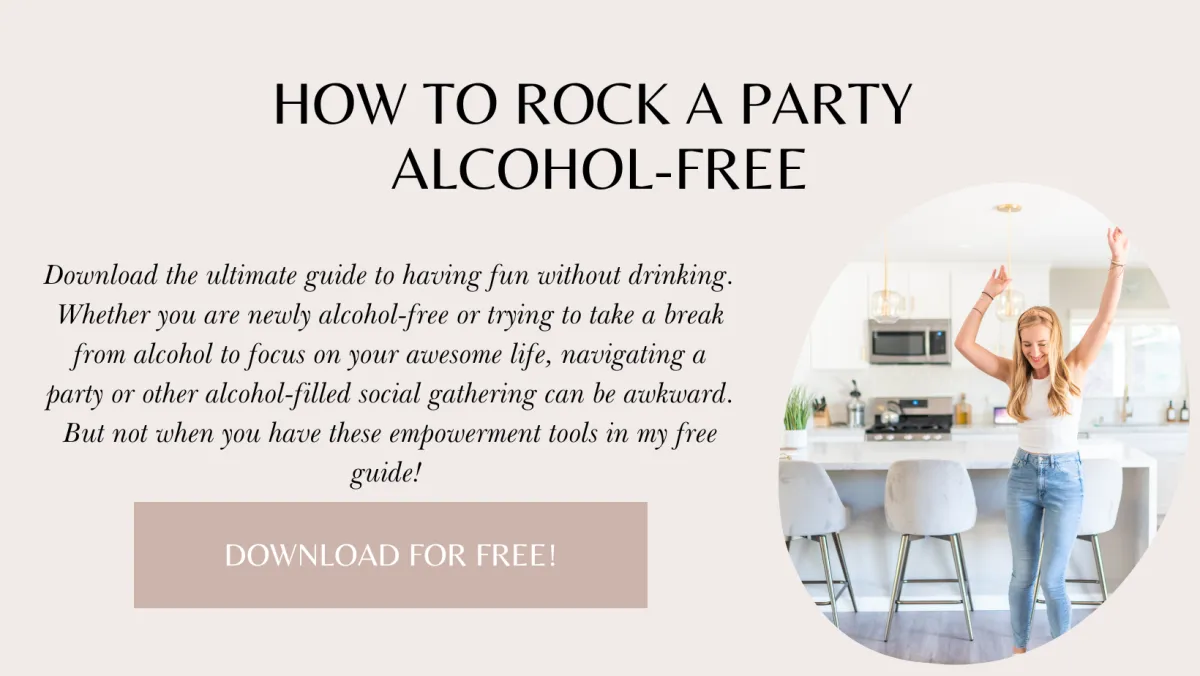Episode 88: Mindfulness and Meditation with Dr. Carl Erik Fisher

Are you curious about mindfulness, meditation, or contemplative practices? Sitting with yourself and in stillness can be uncomfortable, but when it comes to living an alcohol-free lifestyle, these practices are powerful tools that will help your brain and body heal.
In this episode, Karolina sits down with Carl Eric Fisher, an assistant professor of clinical Psychiatry at Columbia University, an addiction psychiatrist, and author of the new book The Urge: Our History of Addiction. Carl is passionate about mindfulness, and how meditation can support the alcohol-free journey. Tune in to discover how mindfulness can support you, the power of meditation, and the hope that the history of addiction provides.
Understanding addiction and the harm of “othering”
While in Seoul, South Korea after finishing college, Dr. Carl Erik Fisher stumbled onto Zen practice. Not really growing up with religion or spirituality, he found meditation to be comforting, feeling like “home.” The practices helped him make sense of his mind, the world, and gave him a sense of direction and guidance.
Throughout medical school, Carl found himself struggling with addiction and burnout as the stress and overwhelm increased. It reached a point where he felt bad enough that he knew he needed to make a change. Grateful for the community around him, he began the journey of recovery. It was in this process that he rekindled his love and connection to meditation.
As his healing process continued and he began digging deeper into the history of addiction, Carl began to notice how universal the experience was. It is human nature to want to soothe, mitigate pain, and find comfort away from what is uncomfortable.
It is SO common for us to categorize addiction as an extreme thing. We often are “othering” people who are struggling, and it can be a way of separating ourselves from acknowledging our own patterns and coping mechanisms. This can become a way of minimizing our own struggles.
When we shift our focus and allow ourselves to view addiction as a human experience, it creates space for compassion instead of shame or guilt. Meditation is a beautiful way to support this process, as it teaches us the ability to observe our thoughts and feelings without judgement.
Getting started, integrating mindfulness and meditation into your life
Are you curious about meditation and mindfulness and integrating these practices into your daily life? Carl explains how getting started can be as informal as being present when you eat a meal, turning off technology while you commute home, or even hitting pause to take a deep and conscious breath. These are all simple ways you can bring mindfulness and meditation into your daily life.
Carl also strongly recommends group practices. It can be so powerful knowing you are connected with a group, together hitting pause, centering your minds, and grounding.
Sitting with yourself and in the stillness can be scary. Maybe you’re a restless person and it’s hard to settle. You may also find difficult emotions bubble up or notice your thoughts focusing on painful things. When this happens, welcome it and lean into it. Honor what is coming up in your mind and your body and stay curious. It is not easy, but it is a path to relief that has helped me tremendously, even on my own alcohol-free journey.
As you meditate, your brain and body are doing incredible things. Carl explains that these practices allow our bodies to settle, which increases our body awareness and allows the interplay of the brain and body to equalize. This is especially important in a culture focused on thinking!
When it comes to living an alcohol-free lifestyle, meditation and mindfulness practices are powerful tools that even have the ability to reset your brain's reward system!
As you sit with the emotions that come up and allow them to pass through you, the brain begins to heal itself in a natural way, rather than the need to turn to a substance to cope.
A history of addiction
In academia and in popular culture, people have polarizing views about addiction. Seeing the history of addiction as an important part of understanding it today, Carl began to research and ultimately wrote a book on the topic. The Urge: Our History of Addiction, digs into addiction from ancient times to present day.
For example, after the American Revolution, there was a large uptick in alcohol consumption. This was a result of post-war trauma, capitalist distilleries, racism and colonialism, and more. As he explored the history of addiction, Carl found a new sense of humility. This came from a widened perspective on addiction as a universal phenomenon.
As he researched the topic, he was also struck with hope. As prevalent as addiction is throughout history, humans have equally been able to overcome it, both at an individual level and a larger population level. We can all find inspiration and hope in that.
“It gave me a lot of perspective on the phenomenon of addiction as a universal phenomenon… not just something that happens to some people over here, but it's something that's sort of universal to the human condition.” Dr. Carl Erik Fisher
LINKS/RESOURCES MENTIONED
Learn more about the Euphoric Sober Soiree, how to rock Sober October like a queen, and how to join on October 1st!
Learn more about Carl Eric Fisher and pre-order his book, The Urge: Our History of Addiction
Follow Euphoric Alcohol-Free on Instagram
And as always, rate, review, and subscribe so we can continue spreading our message far and wide.

